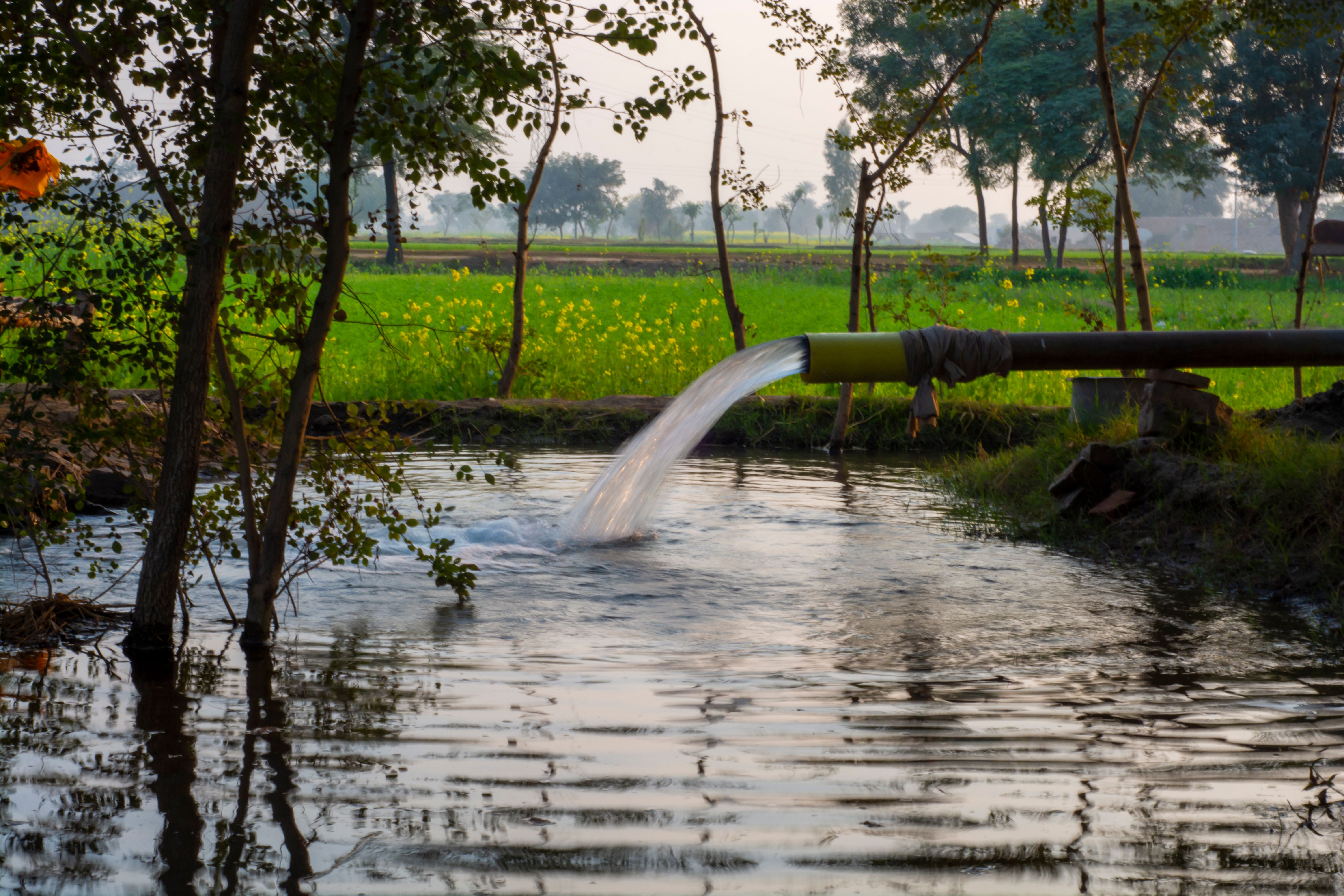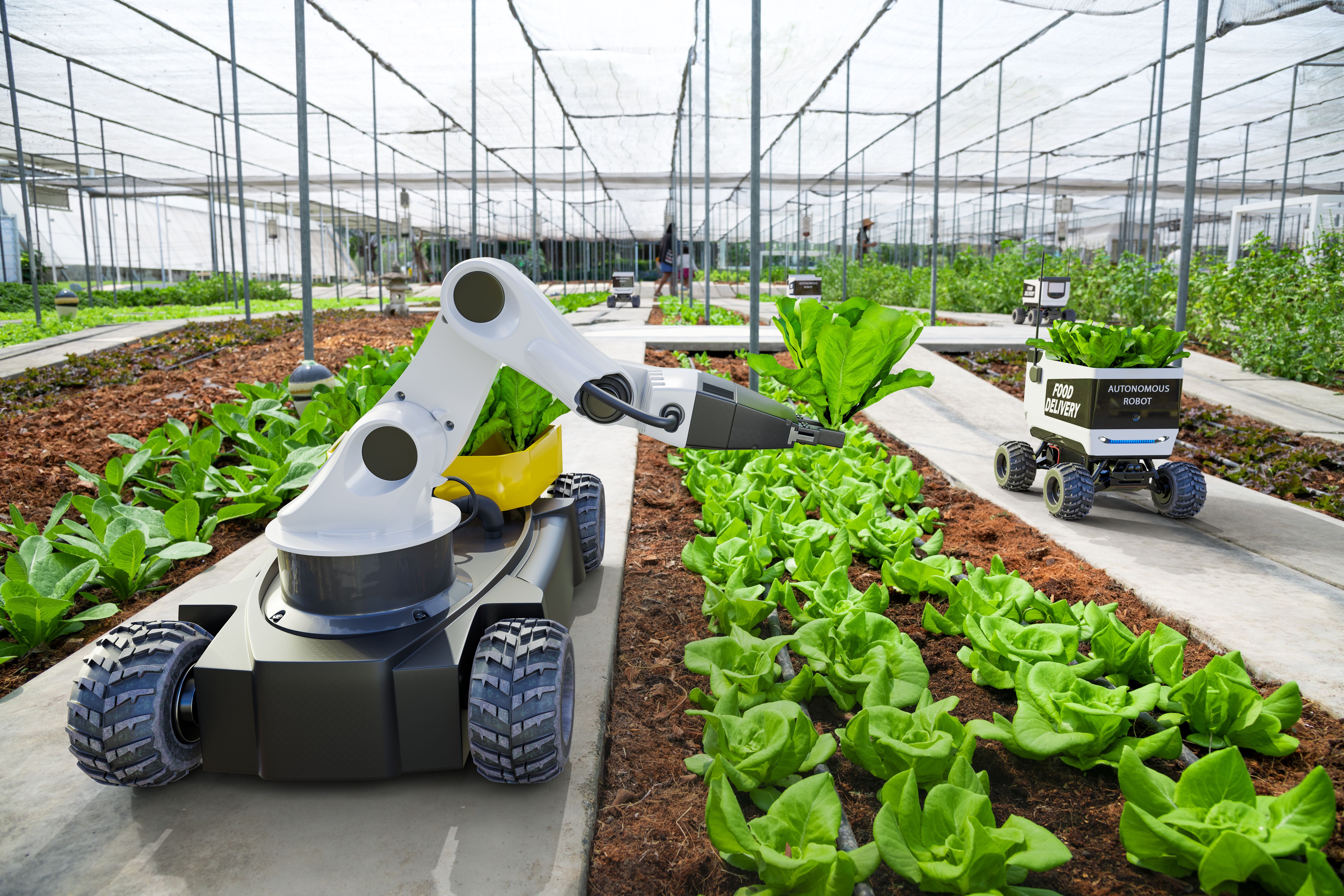Winter Farming in Punjab: Key Steps for Success
FR
Understanding the Climate and Soil Conditions
Winter farming in Punjab offers unique opportunities, thanks to the region's distinctive climate and fertile soil. During this season, temperatures drop, and the soil retains moisture more effectively, which can be beneficial for certain crops. Farmers need to understand these conditions to optimize their farming strategies.
Before starting any winter farming activities, it's crucial to assess the soil's nutrient levels. Conducting soil tests will help determine the right type of fertilizers needed to enhance crop growth. Additionally, understanding the local climate patterns can guide farmers in selecting the most suitable crops for the season.

Selecting the Right Crops
The choice of crops is a critical step in ensuring a successful winter harvest in Punjab. Popular winter crops in the region include wheat, mustard, and green peas. These crops are well-suited to the cooler temperatures and shorter daylight hours of the winter months.
For farmers looking to diversify their produce, it is beneficial to explore alternative crops such as barley, oats, and certain types of vegetables. These options provide additional income streams and help manage risk by not relying solely on one type of crop.
Efficient Water Management
Water management becomes even more crucial during the winter months. Despite the higher moisture retention of the soil, irrigation systems must be adequately managed to ensure crops receive sufficient water without over-saturating the fields. Drip irrigation is a highly effective method for conserving water and ensuring its precise delivery to plant roots.

Pest and Disease Management
Winter farming is not without its challenges, and pest control is one of them. Although colder weather typically reduces the number of pests, some can still thrive. Farmers should implement integrated pest management strategies to protect their crops.
Using natural predators and organic pesticides can help control pest populations without harming the environment. Regular monitoring of fields is also essential to detect any pest or disease outbreaks early, ensuring prompt action can be taken.
Utilizing Modern Farming Techniques
Incorporating modern farming techniques can significantly boost productivity and efficiency. Technologies such as precision farming tools and data analytics can provide insights into crop health and soil conditions, helping farmers make informed decisions.

Market Access and Financial Planning
Understanding market demands and trends is vital for farmers looking to maximize their profits. Engaging with local markets and cooperatives can provide insights into which crops are in demand and offer better pricing opportunities.
Besides market considerations, effective financial planning is crucial to managing expenses and ensuring a profitable season. Farmers should carefully budget for inputs like seeds, fertilizers, and labor while exploring government schemes that may offer financial support.
Community Engagement and Knowledge Sharing
Farming in Punjab is deeply rooted in community collaboration. Engaging with fellow farmers and participating in local agricultural forums can provide valuable knowledge sharing opportunities. These interactions can lead to the discovery of innovative practices or solutions to common challenges faced during the winter farming season.

The Path Forward
Winter farming in Punjab holds immense potential for those willing to adapt and innovate. By understanding local climate conditions, selecting appropriate crops, managing resources efficiently, and embracing modern techniques, farmers can set themselves up for a successful harvest season. With careful planning and a willingness to learn from peers, Punjab's farmers can continue to thrive even during the colder months.
